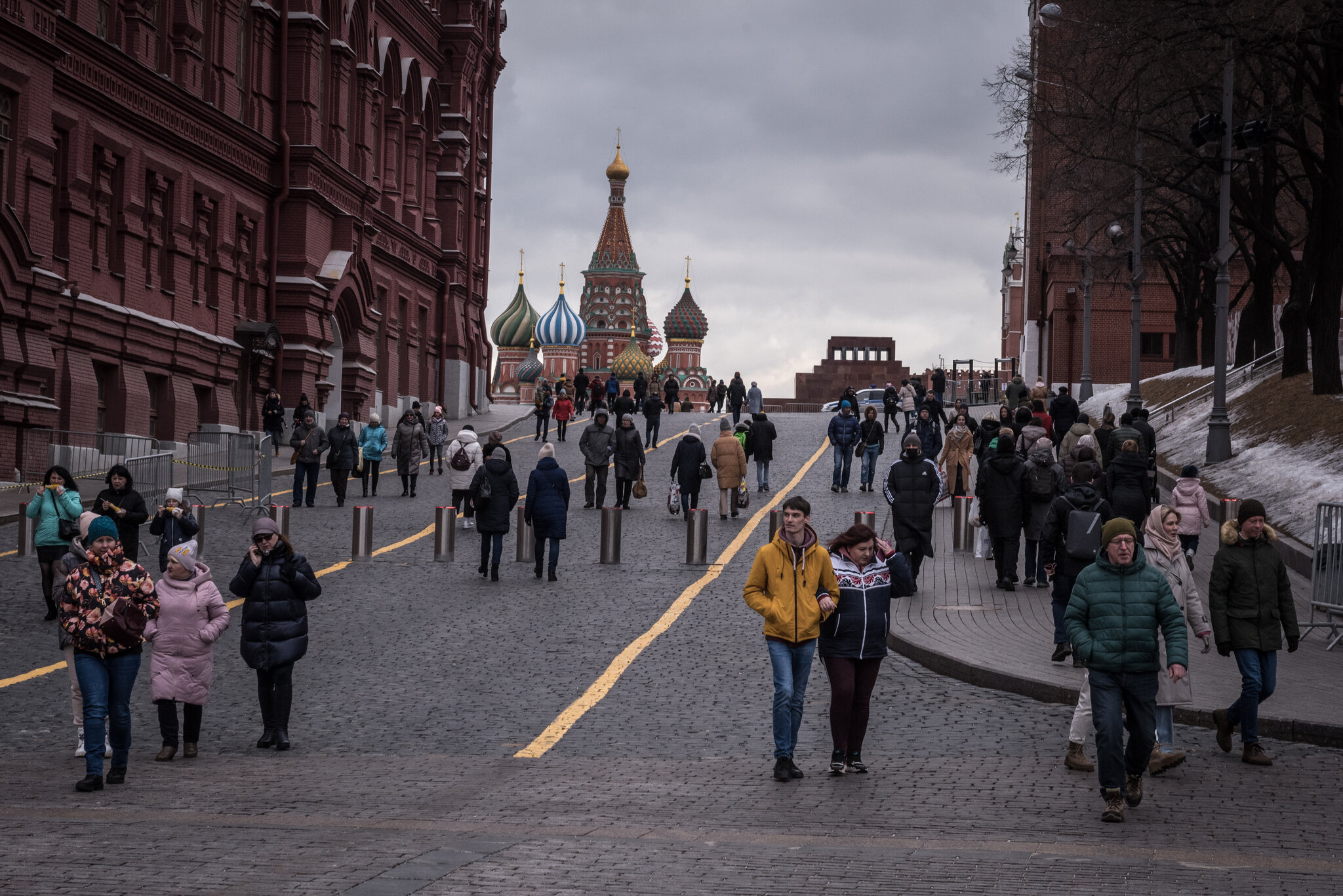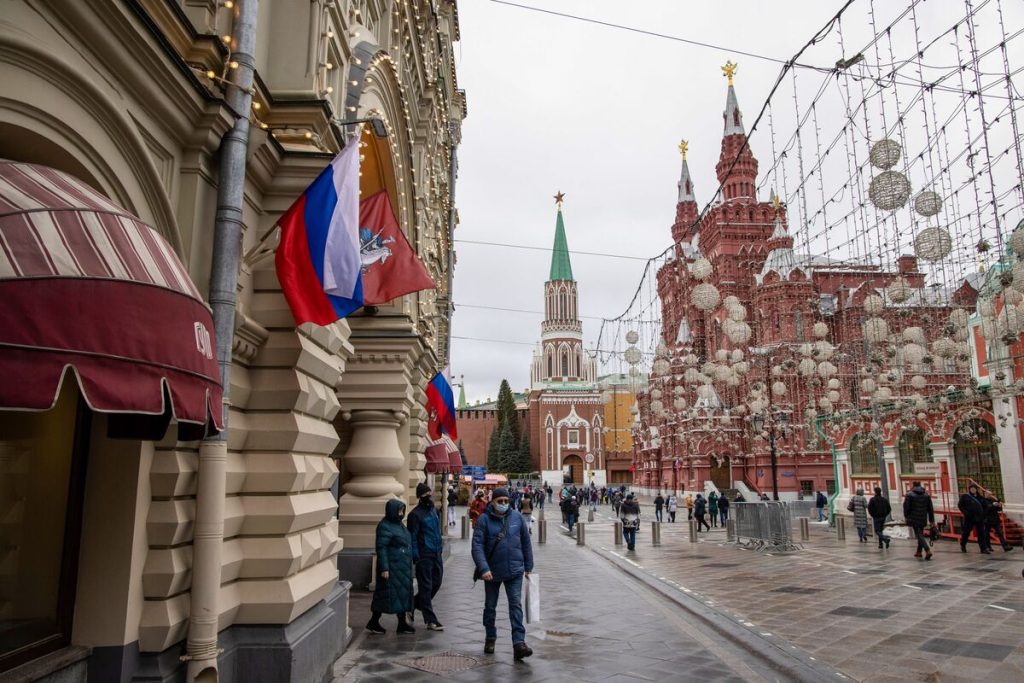- 14 December 2023
- 340
Economic Strain: U.S. Highlights the Impact of Ukraine War on Russia’s Economic Landscape

Introduction:
In a notable development, the United States has emphasized the considerable strain the ongoing war in Ukraine is placing on Russia’s economy. This assessment sheds light on the economic repercussions faced by Russia in the wake of the conflict. This article delves into the U.S. stance, explores the contributing factors to Russia’s economic strain, and considers the broader implications for global markets and diplomatic relations.
U.S. Assessment: Ukraine War Straining Russia’s Economy
The United States, in its evaluation of the situation, has underlined the significant strain that the war in Ukraine is imposing on Russia’s economic foundations. This acknowledgment reflects the multifaceted impact of the conflict on Russia’s economic landscape.
Key Factors Contributing to Economic Strain:
- Sanctions Regime: Stringent economic sanctions imposed by the U.S. and its allies play a pivotal role in restricting Russia’s access to global markets, hampering trade, and limiting the flow of crucial financial resources.
- Energy Markets: The war’s impact on energy markets, particularly the disruptions in oil and gas exports, contributes to the economic strain. Fluctuations in energy prices and market uncertainties affect Russia’s revenue streams.
- Domestic Economic Challenges: The conflict introduces internal economic challenges for Russia, including increased defense expenditures, potential disruptions to domestic industries, and the strain on fiscal and monetary policies.
Broader Implications for Global Markets:
- Global Economic Dynamics: The economic strain on Russia has ripple effects on global economic dynamics, influencing commodity prices, trade relationships, and financial market sentiment.
- Geopolitical Relations: The economic pressure on Russia may impact its geopolitical relationships, potentially influencing diplomatic negotiations and alliances on the international stage.
- Investor Sentiment: The assessment of Russia’s economic strain can influence investor sentiment, prompting reevaluations of portfolios and risk assessments in global financial markets.

Diplomatic Considerations and Potential Outcomes:
- Diplomatic Resolutions: The economic strain on Russia may prompt diplomatic efforts to seek resolutions to the conflict, emphasizing the potential for negotiated settlements and international cooperation.
- Humanitarian Considerations: The economic challenges faced by Russia could intensify discussions around the humanitarian impact of the conflict, influencing international efforts to address the immediate needs of affected populations.
- Multilateral Collaborations: The economic strain may encourage multilateral collaborations aimed at finding comprehensive solutions, both on the economic and diplomatic fronts, to mitigate the overall impact of the conflict.
Analyzing Economic Strain: A Comparative Insight
| Aspect | U.S. Assessment on Russia’s Economic Strain | Global Implications and Considerations |
|---|---|---|
| Sanctions Impact | Restricting Access and Trade | Assessing the global economic and geopolitical impact of sanctions. |
| Energy Market Dynamics | Disruptions and Price Fluctuations | Monitoring the impact on global energy markets and commodity prices. |
| Diplomatic Responses | Potential for Negotiations | Considering diplomatic efforts and potential outcomes in the conflict. |
| Investor Sentiment | Risk Assessments and Portfolio Adjustments | Evaluating the influence on investor sentiment and financial markets. |
Navigating Uncertainty: Strategies for Stakeholders:
- Investors: Stay informed about geopolitical developments, monitor market trends, and adapt portfolios to manage risks associated with global economic uncertainties.
- Governments: Engage in diplomatic initiatives to address the conflict, emphasizing peaceful resolutions, and consider the broader economic and humanitarian impact.
- International Organizations: Collaborate on diplomatic and humanitarian efforts to alleviate the crisis’s impact and work toward a lasting resolution.
Conclusion:
The acknowledgment of the substantial strain on Russia’s economy due to the conflict in Ukraine introduces a new layer of complexity to the ongoing crisis. Stakeholders across various sectors must remain vigilant, adapt strategies to evolving geopolitical dynamics, and actively contribute to diplomatic and humanitarian efforts aimed at mitigating the impact of the conflict and fostering a path towards resolution.

